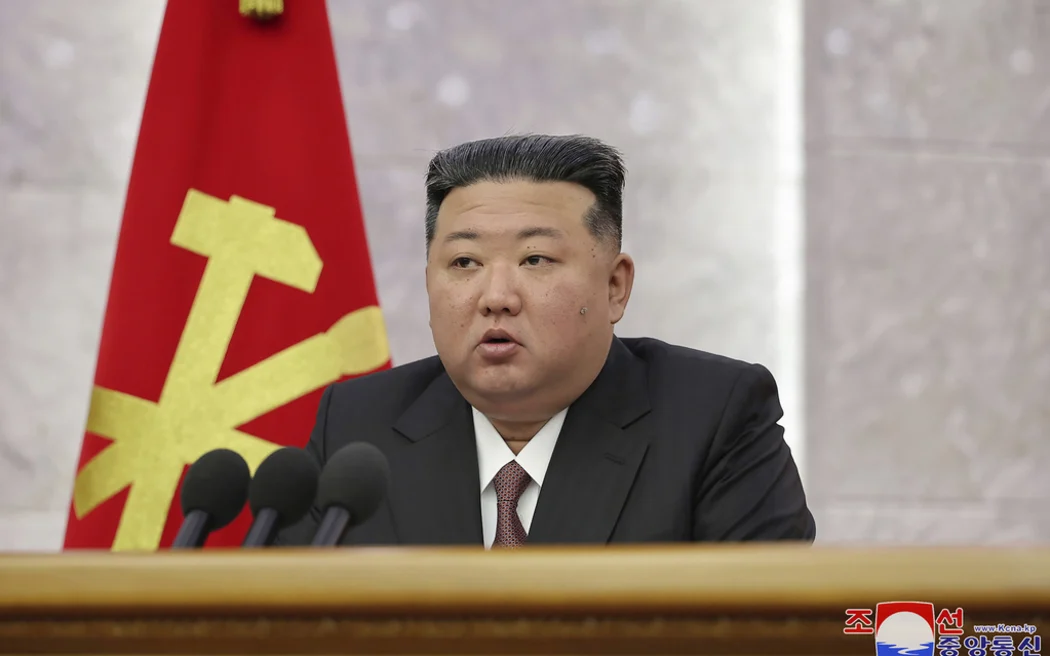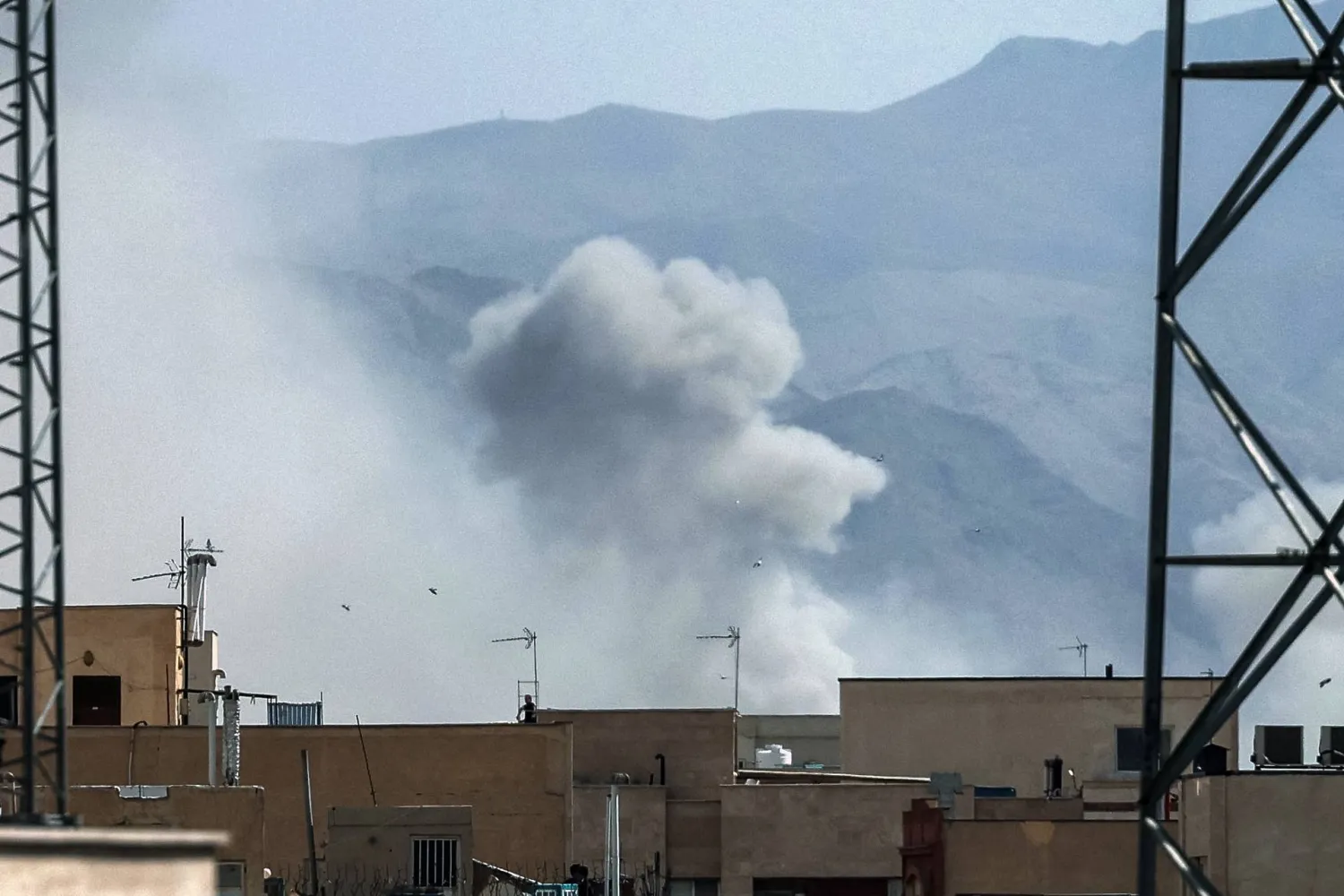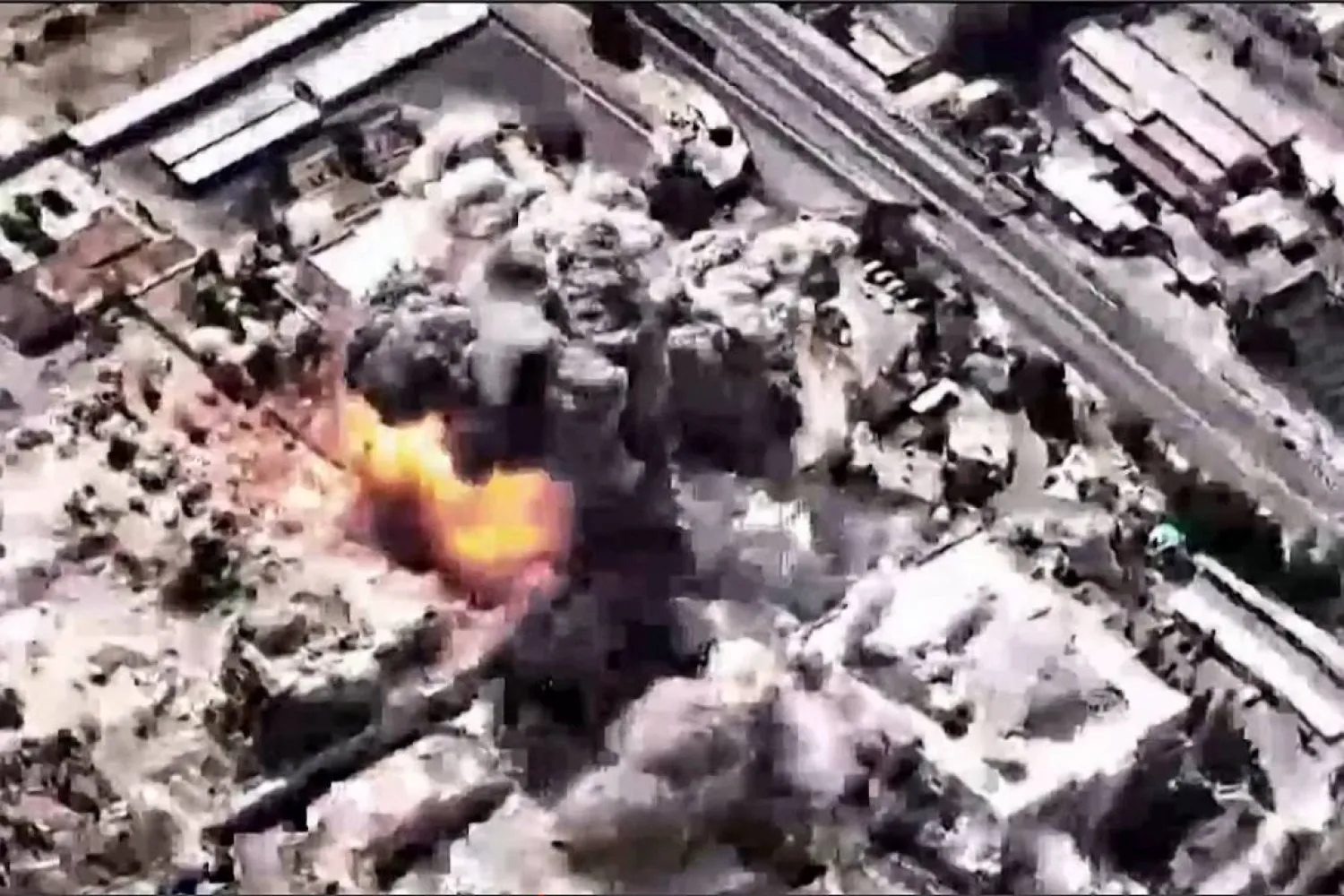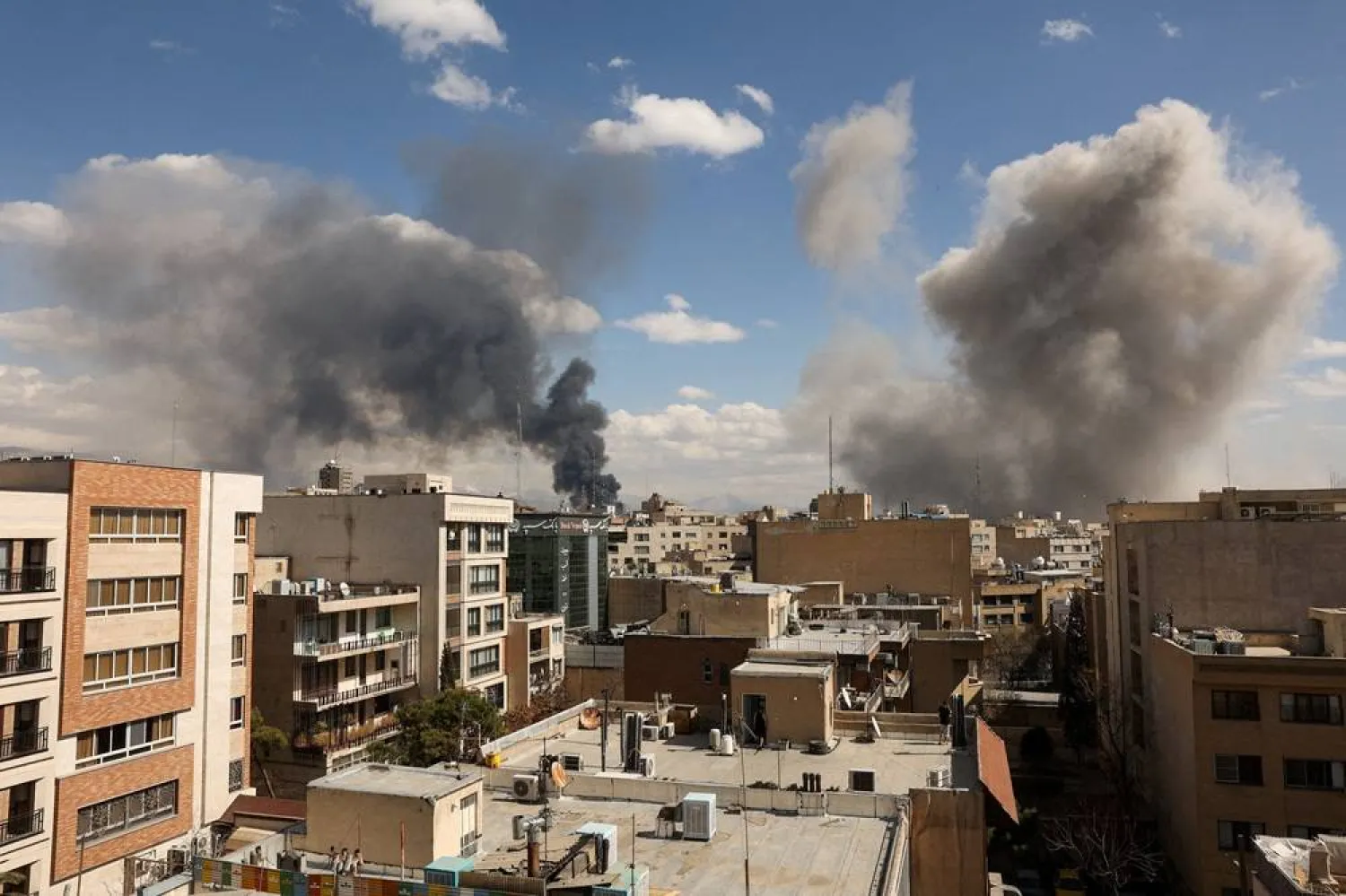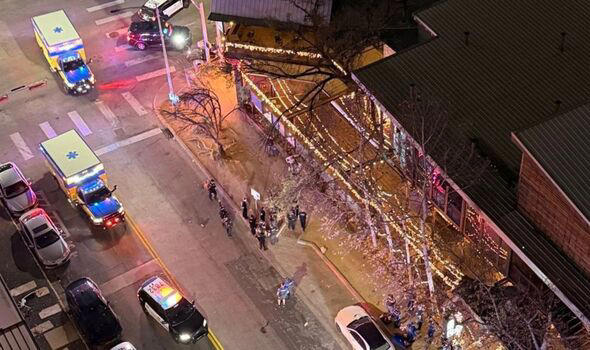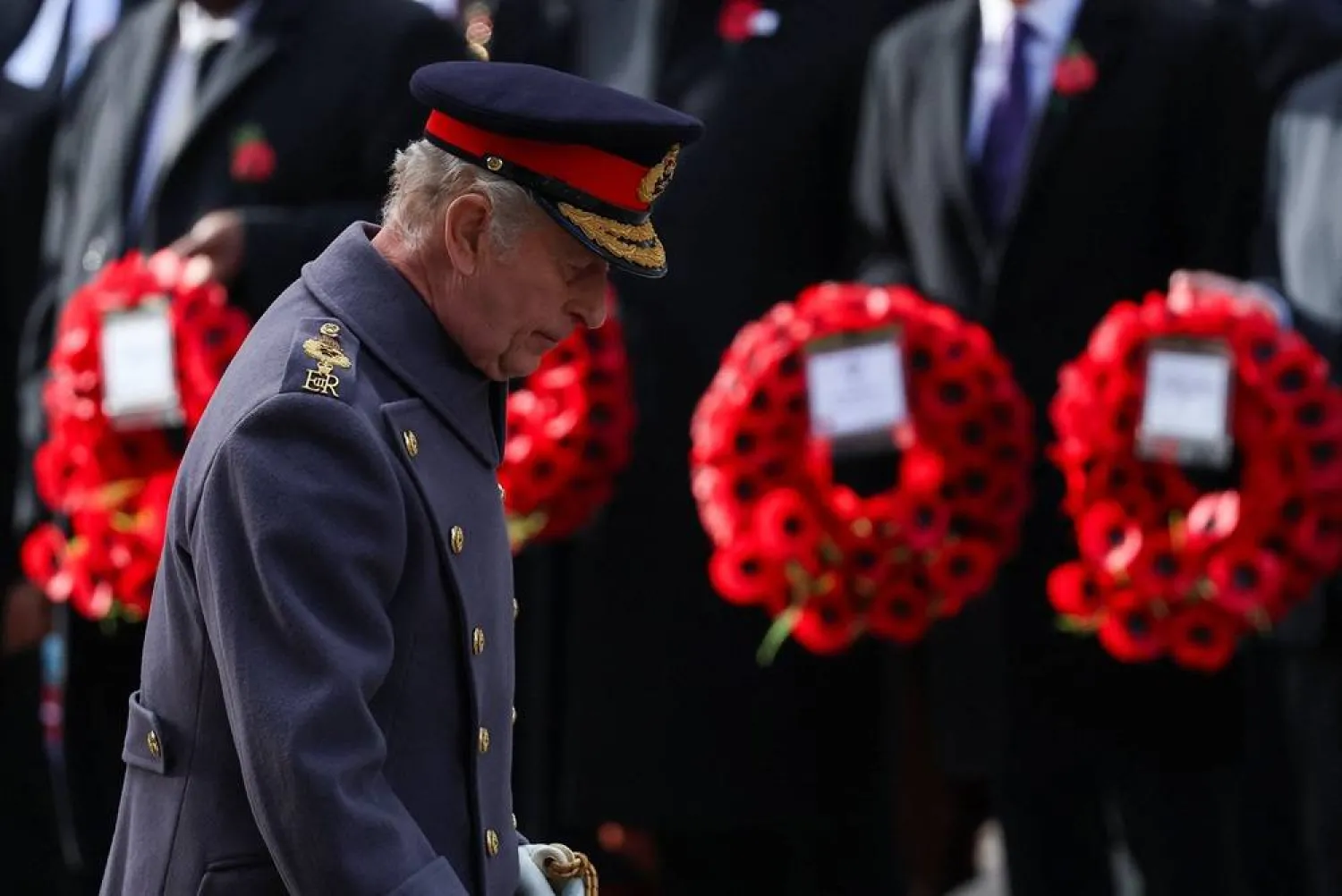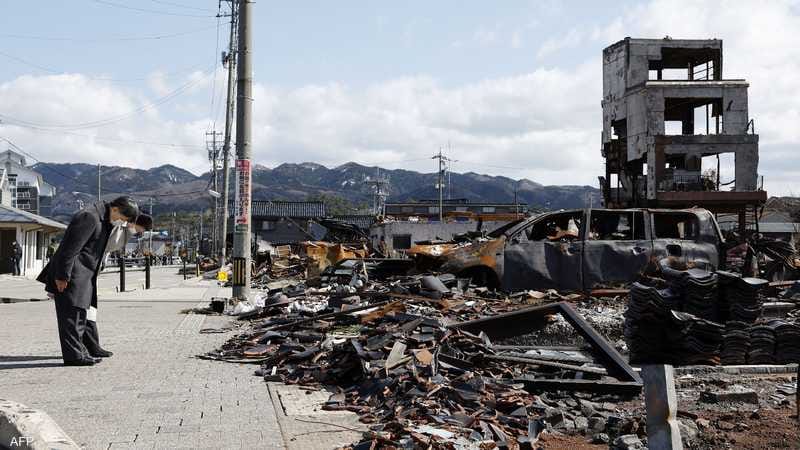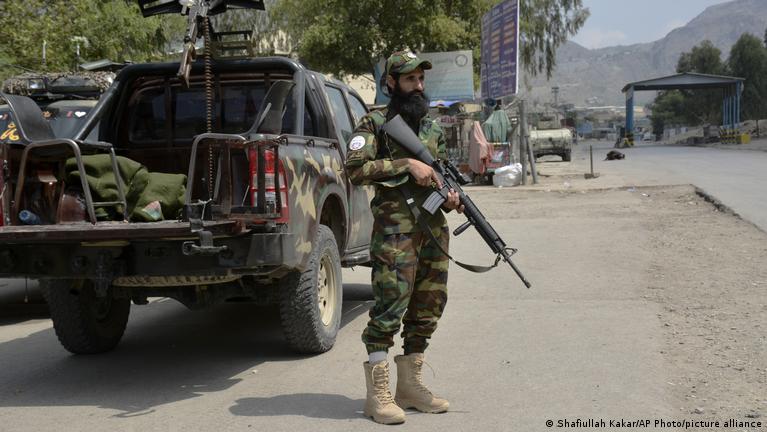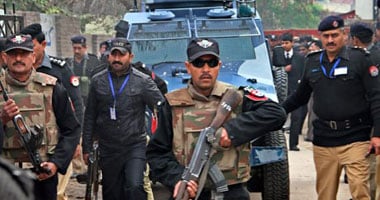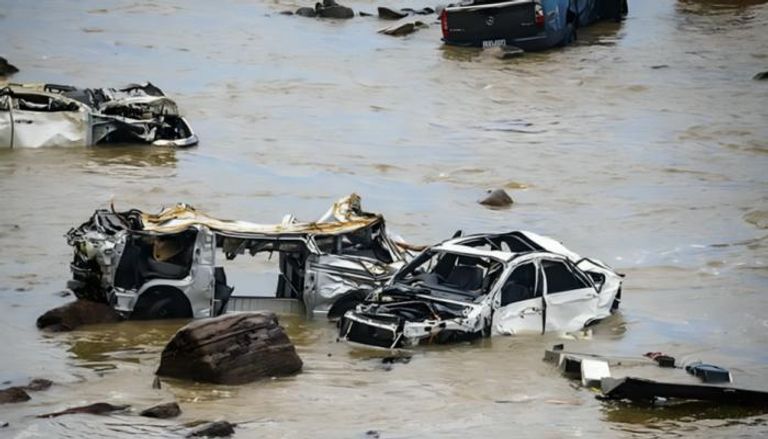Alsharq Tribune- Sarah Benkraouda
Thousands of military personnel, veterans and members of the public gathered under blue skies Sunday in London as King Charles III led Britain’s annual ceremony of remembrance for the country’s war dead.
As Parliament’s Big Ben bell tolled 11 am, the crowd fell still for two minutes of silence, broken by a single artillery blast and Royal Marines buglers sounding “The Last Post.”
The 76-year-old king, dressed in the uniform of an army field marshal, laid a wreath of red paper poppies on a black background at the base of the Cenotaph war memorial near Parliament.
Erected over a century ago to honor the British and allied troops killed in World War I, it has become the focus of annual ceremonies for members of military and civilian services killed in that war and subsequent conflicts.
The national ceremony of remembrance is held every year on the nearest Sunday to the anniversary of the end of World War I on Nov. 11, 1918, at 11 am. Similar memorial services are held in dozens of towns and cities across Britain and at UK military bases overseas.
A military band played as heir to the throne Prince William followed his father in laying a wreath on the simple Portland stone monument inscribed with the words “the glorious dead.”
Other members of the royal family followed, including the king’s youngest brother, Prince Edward — but not former prince Andrew Mountbatten Windsor.
The king stripped his brother Andrew of his titles last month and evicted him from his royal mansion over his relationship with convicted sex offender Jeffrey Epstein.
Wreaths were also laid by Prime Minister Keir Starmer, other political leaders and diplomats from Commonwealth nations. Queen Camilla, the Princess of Wales and other members of the royal family watched from their traditional place on a balcony of the Foreign, Commonwealth and Development Office.
Many of the wreaths were made of poppies, and most people in attendance wore paper poppies on their lapels.
The scarlet flowers that bloomed on the muddy battlefields and makeshift graveyards of northern France and Belgium during World War I — made famous by the poem “In Flanders Fields” — have become a symbol of remembrance in Britain and other countries.

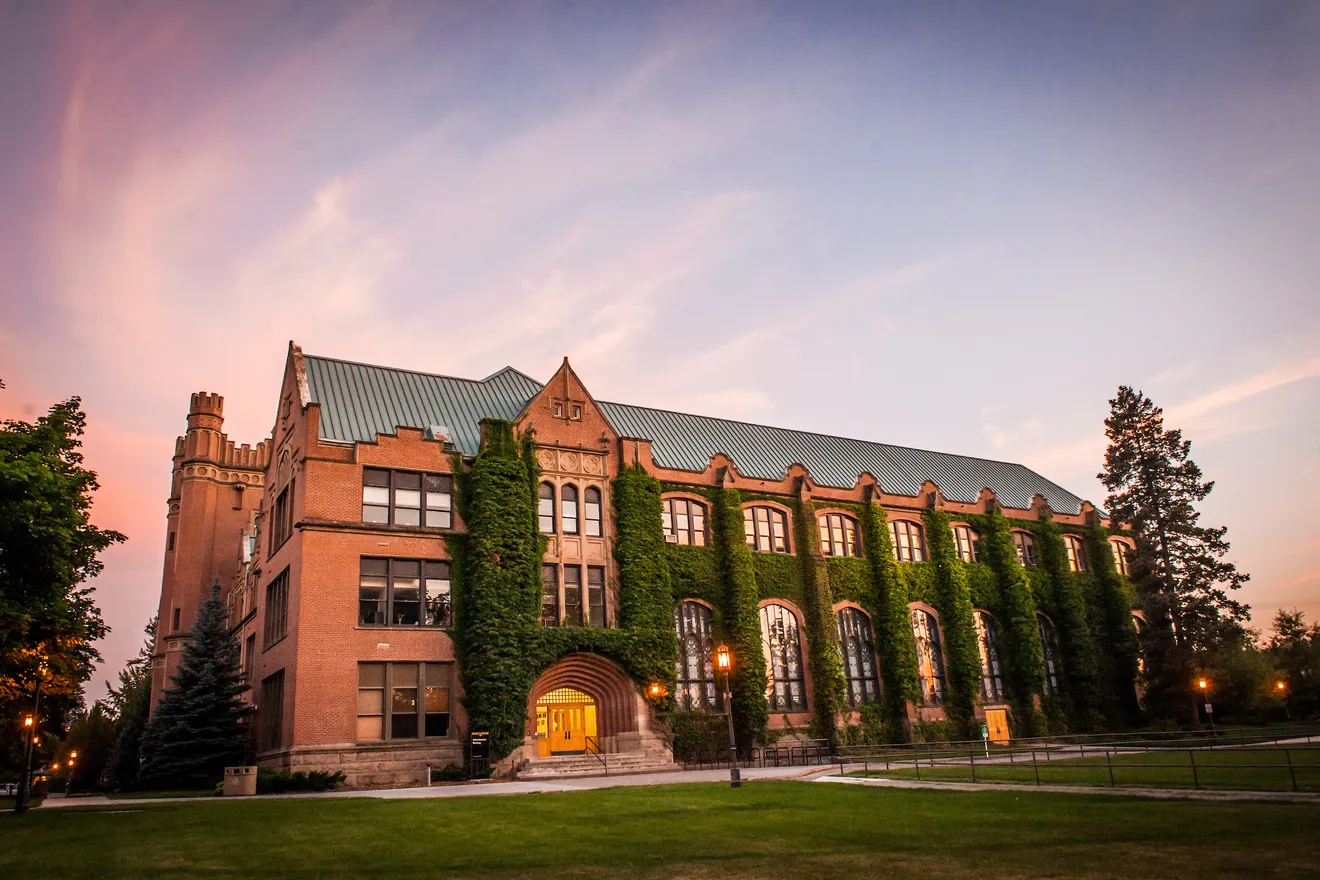
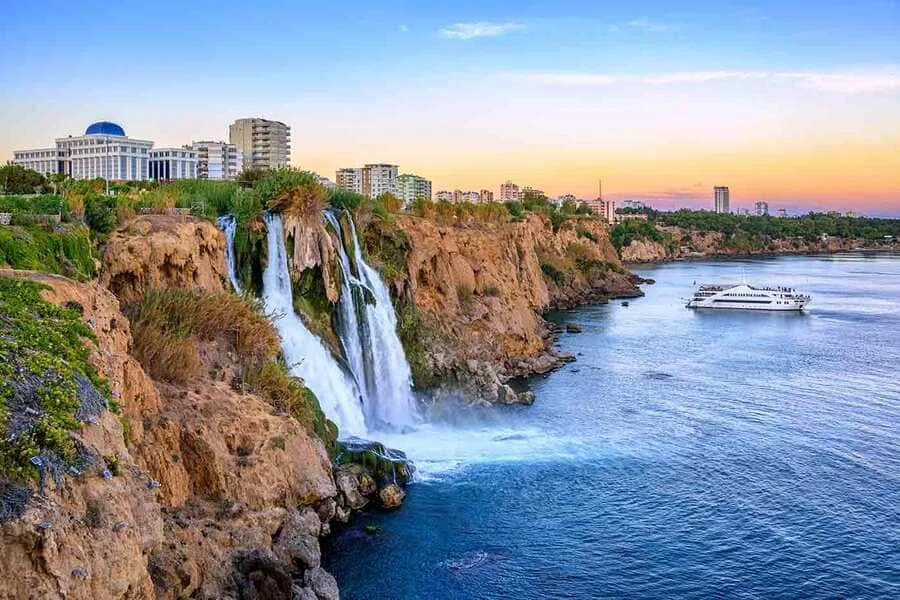

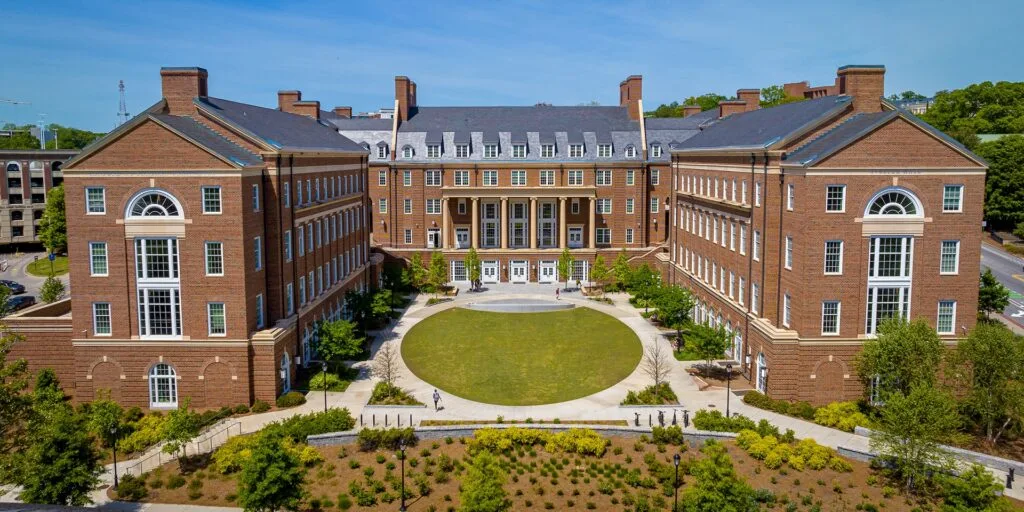



.png?locale=en)

